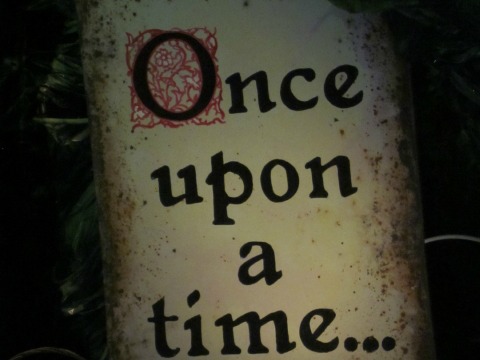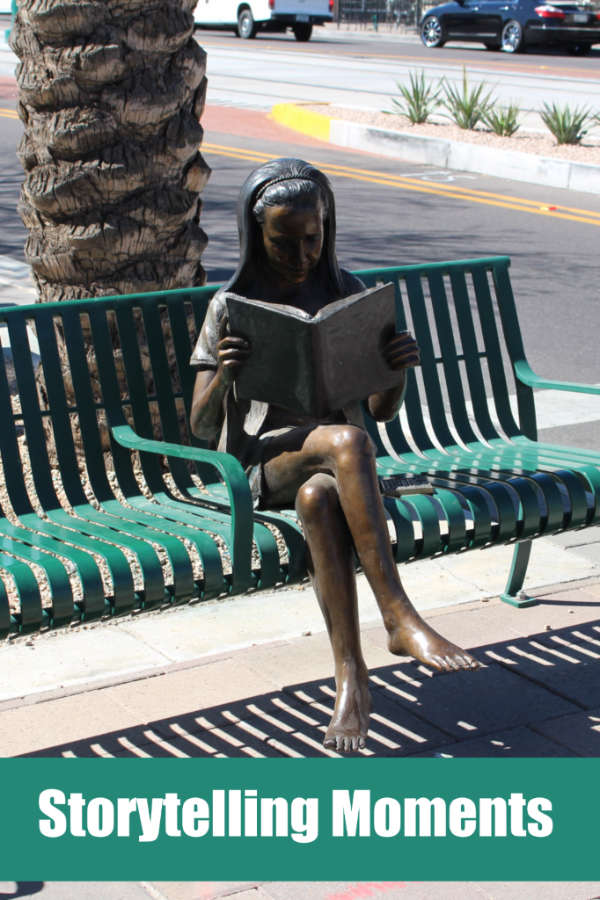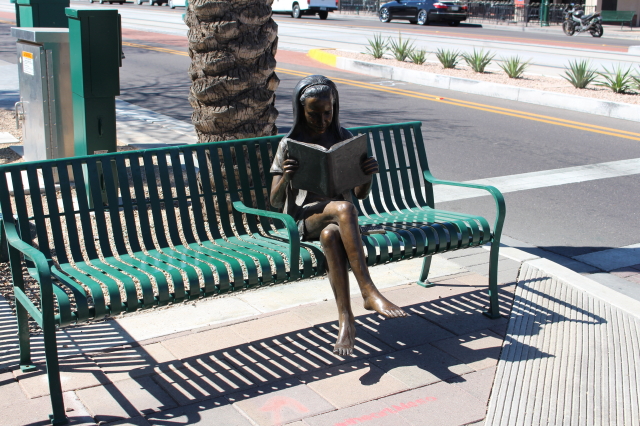What is a storyteller? Who is a storyteller?
When I hear the term storyteller the first image which comes to mind is that of a raconteur, a person who skillfully relates anecdotes in amusing ways. I know a couple and they are always entertaining to be around. I think of the long tradition of passing stories orally from generation to generation. I also think about writers who masterfully weave character, plot and setting together to tell a story. But the definition of storytellers does not end there.
I write fiction. I am also a travel writer and blogger. Lately that part of my writing has demanded most of my focus. At a travel blogging conference I recently attended, someone said, “We are all storytellers.” Ironically, up to then I had not thought of my travel writing as storytelling, even though I often said, “Every person and every place has a story.”
Photographers tell stories with their photos, musicians with their songs, painters with their canvas, sculptors with their statues. We are all storytellers. I was reminded of that on a Fathom Impact cruise from Miami to the Dominican Republic. While docked for three days in the Dominican Republic, we had opportunity to volunteer at several community-development initiatives. Programs on board while at sea prepared us for our work, talked about social innovation and dealt with personal growth. A couple of workshops available on the sailing back to Miami were about “telling your story.” I attended one focused on telling the stories of our impact experience working to “make a difference” in the DR.

Stories have a structure, a framework which shapes the manner and order in which the story is presented. Several different story structure models exist, with a great deal of similarity between the arcs they define. The structure used in our workshop was:
-
- Platform (who are you before the story starts)
- Tilt (what happened to change things)
- Cascading Events (what happened next)
- Climax (how are you transforming)
- New Reality (how were you changed)
The story components were similar to other structures I’d seen, although I’d not seen them defined quite this way before. What made this workshop unique to me was its focus on a single moment. We’d had many experiences in our three days in port. We could not talk about them all in a workshop boxed into a little more than an hour’s time frame. We were to pick one moment that stood out for us and use that moment to tell the story.
Surprisingly, it was easy to pick that one moment. We individually jotted notes about the moment in the context of the story structure and shared our notes one-on-one with another workshop participant. We then had opportunity to note sensory details and dramatic elements which would make the story more powerful. We used those elements to write the story’s first and last lines in full. We had time for one more one-on-one sharing.
The moments which were important and meaningful to us had been shaped by our entire experience. The focus on those moments created powerful stories which transcended the specific moment to capture the essence of the entire experience.
This had led me to think more about the moments in all my storytelling. What particular moment defines a travel experience? What moment is critical and meaningful to my fictional character?
How do you tell your story?
We do not remember days, we remember moments. ∼Cesare Pavese
Life isn’t a matter of milestones, but of moments. ∼Rose Kennedy


Love the quote by Rose Kennedy “Life isn’t a matter of milestones, but of moments.” Puts so many things into perspective.
Jacquie, it really does put things into perspective, doesn’t it? I think it also is a good reminder for a writer to think about the moments.